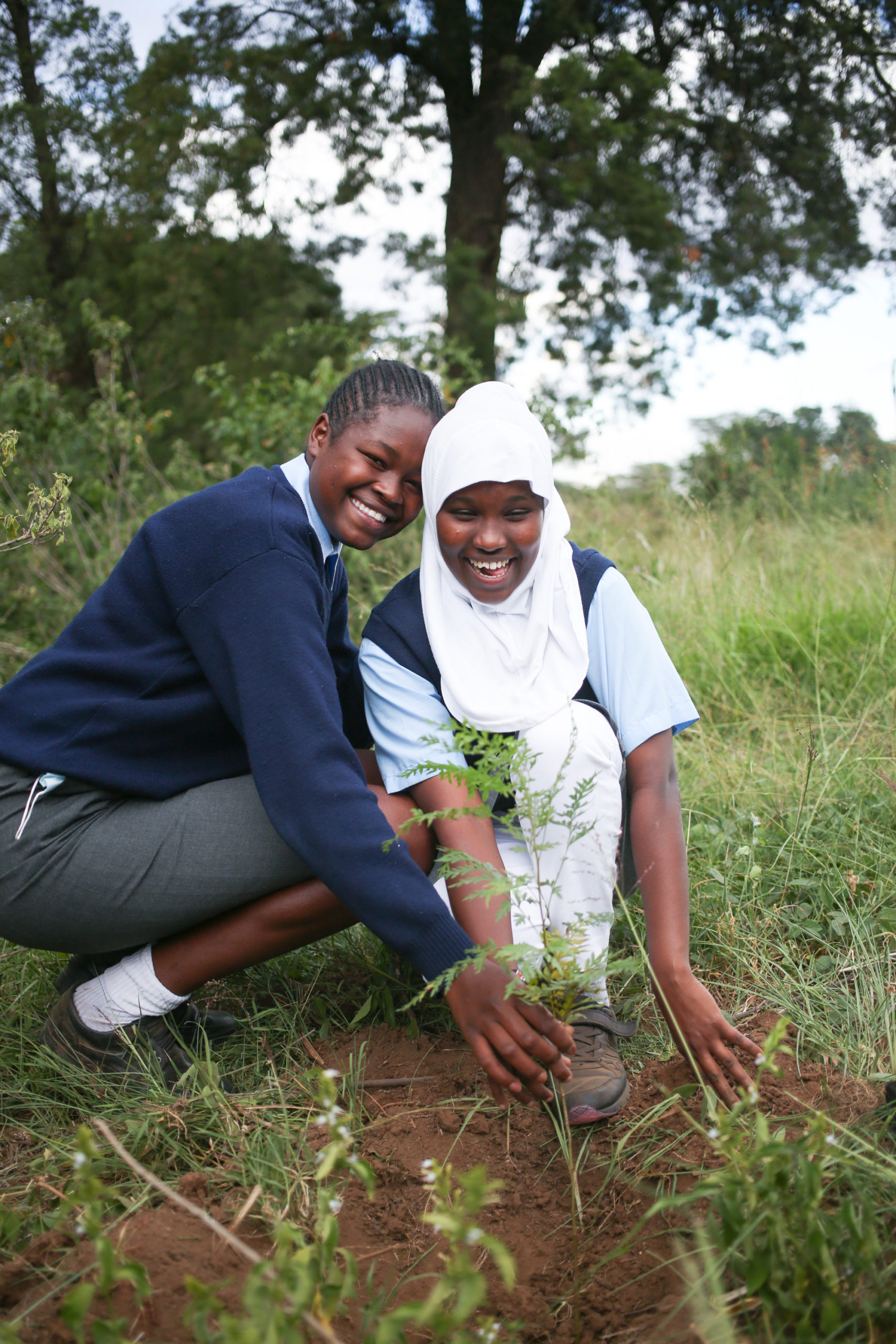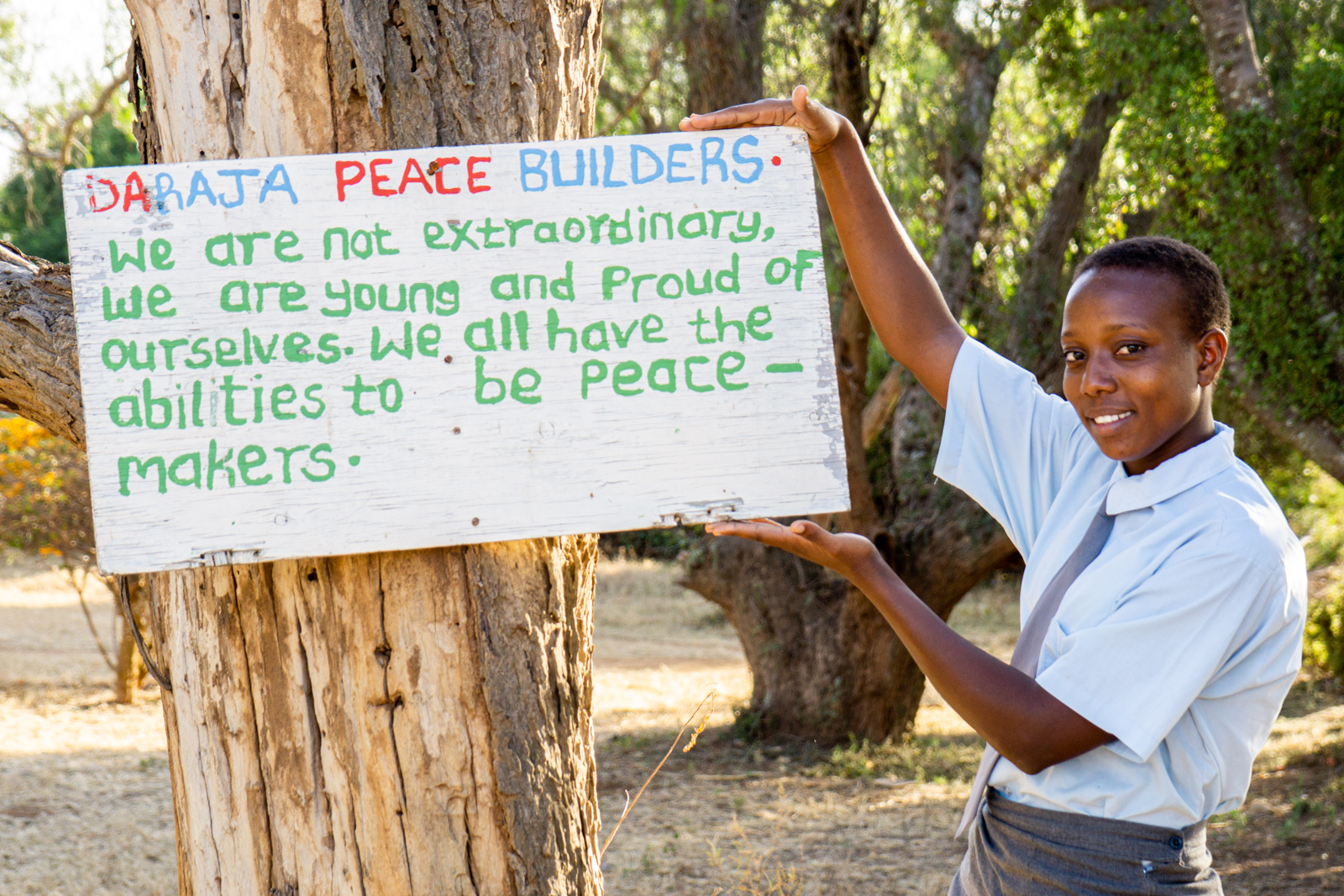In Swahili, Daraja means bridge. Daraja provides a transformative and holistic secondary education for Kenyan girls who have no other means to attend school. It creates a bridge to empowerment, leadership, well-being, independence, and a lifetime of opportunity for all Daraja girls.
When girls have access to education and the ensuing opportunities, there is a ripple effect of positive outcomes.
Yet globally today, more than 98 million adolescent girls are not in school. That is a lot of empty desks—and a lot of dreams cut short.
Girls’ Education and Global Economic Impact
Sending more girls to school and into the workforce can boost a whole nation’s economy. Lack of girls’ education and the inability to complete 12 years of education costs countries at least $15 trillion in a lifetime of lost productivity and earnings.
Gender-based research explains that women who have a high school education earn twice as much as those with no education. Educated girls can make better decisions for their families, lowering the rates of child mortality and malnutrition,and nearly-eliminating child arriage.

Educating Girls and Slowing Climate Change
Girls’ education and family planning are integral components of resilience to climate change and the achievement of the United Nations Sustainable Development Goals (SDGs). An analysis of 125 countries showed that girls’ education is the strongest indicator for increasing
global capacity to cope with climate change. Educated girls and women are better equipped to protect themselves and their families from natural disasters like floods and droughts. When a girl receives a leadership-focused education, she is better equipped to encourage political and civil society participation in climate change initiatives.
Fostering a More Peaceful World
An educated girl is more likely to become a productive community member. The concept of a “Feminist Foreign Policy” suggests that a world run by women would be a more peaceful place. But,there are not enough women in power to prove that theory. When a girl living in poverty does not receive a high school education, she cannot participate in public office and cannot change the very structures that prohibit her education.
The world needs more educated girls to expand economies, reduce climate change, and exist in
peace.

